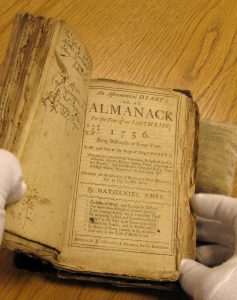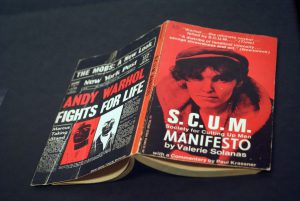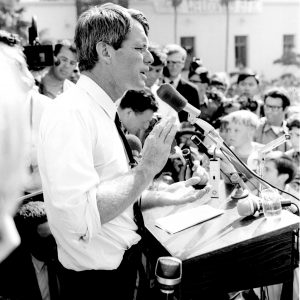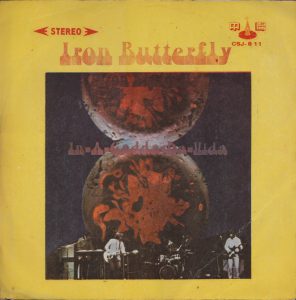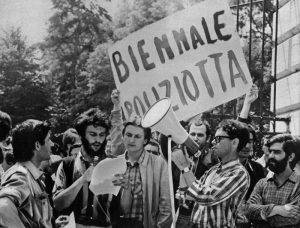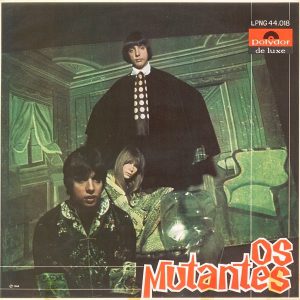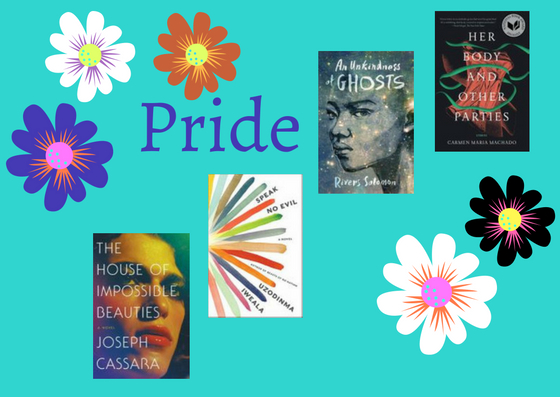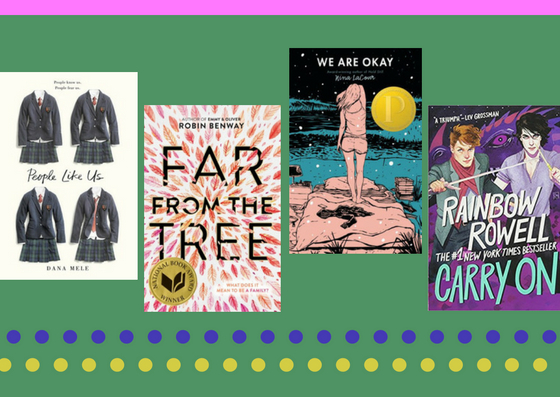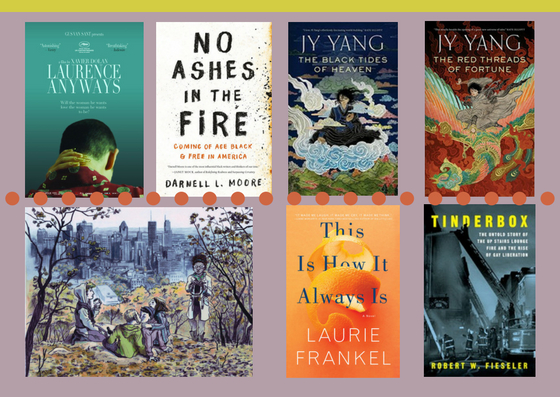Diary or Almanac? Enoch Freeman’s annotated almanac/diary (1729-1786)
posted: , by Gabrielletags: Library Collections | Adults | Portland History
While cataloging manuscript material for the Portland Room the other day, we came across a set of bound almanacs annotated with the handwritten diary entries of Enoch Freeman (1706-1788).
Some research revealed that such annotated or interleaved almanacs were not at all uncommon. One historian likens these early almanacs to the iPhone in that they were used interactively. (If you are interested in reading her article, click here.)
The American Antiquarian Society in Worcester, Massachusetts, has many such almanacs in their collections and it was their library catalog that provided the clues for how to catalog our very own interleaved almanac.
The first question was: is this an almanac or a diary? It is both, obviously, but it had been cataloged as an almanac originally, with just a note to indicate that it was a diary as well. We decided to highlight the diary aspect, creating an original record for that unique item, and then linking it to the record for the almanacs. By creating two records and linking them together, the catalog entry better represents the physical item.
Are you intrigued? Do you want to see some early almanacs (second only to the Bible in their popularity in colonial homes)? Stop by the library’s Portland Room on the 2nd floor, Monday through Friday. Want to read more about almanacs? Check out Marvel’s Academic OneFile and see what you can find (or ask a librarian for help!)


